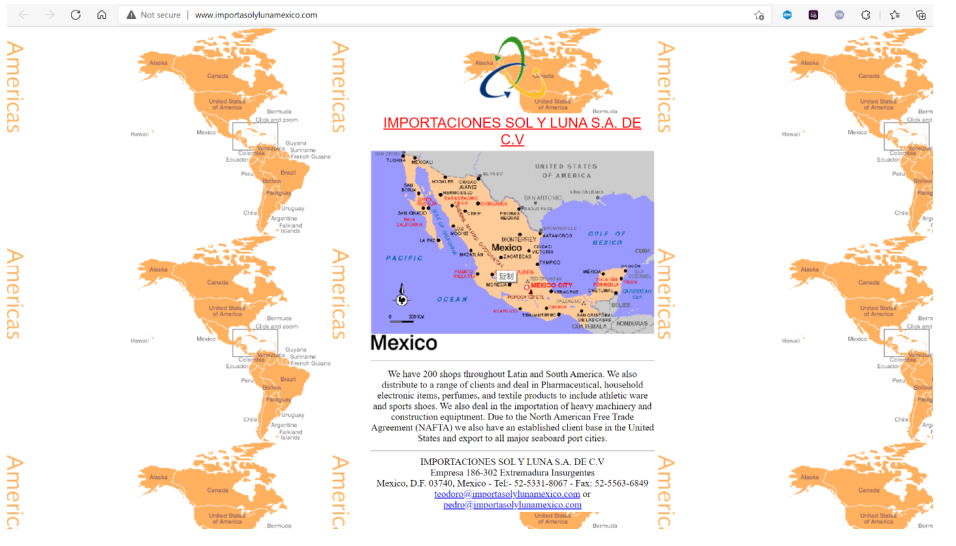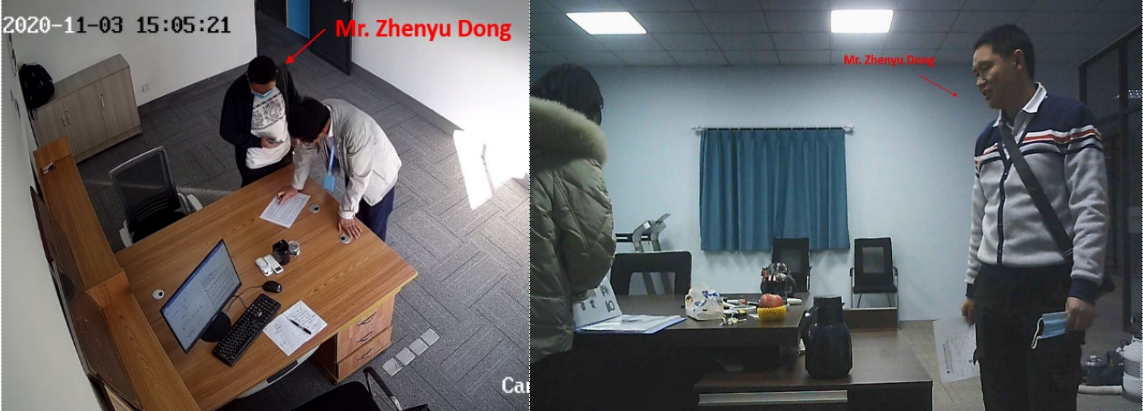Fightback with Counter-claims of Trade Secret Theft: -The Full Unexpurgated Truth about the Ninbo C.F. vs Hayward Litigation
When talking about IP protection, lay people might consider patent, copyright, and trademark. However, with global competition becomes more intense, patent, copyright, and trademark are not the only weapons in competitors’ intellectual property arsenal. The competitors have been asserting trade secret theft claims more often.
A trade secret is any business or technical information that derive independent commercial value from not being generally known or readily ascertainable, and the trade secret owner has taken reasonable efforts to maintain its secrecy.
Well-known examples of trade secrets are secret ingredients and formulas in some food and drinking products, such as Coca Cola drinks. Coca Cola’s trade secrets are successfully protected. Nevertheless, some Chinese companies are not that lucky.
Recently IPR Daily learned about a trade secret theft case occurred between a Chinese company Ningbo C.F. Electronic Tech Co., Ltd. and a U.S. public company Hayward Industries, Inc. (“Hayward”) (NYSE: HAYW). This article is based on the papers filed by the parties in the court and publicly available information.
Ningbo C.F. Electronic Tech Co., Ltd. ("Ningbo C.F."), founded in 2006, is a high-tech private enterprise. Ningbo C.F. has been manufacturing swimming pool equipment, such as chlorination systems including consumable salt cells and replacement, among other products. It has won consumers’ recognition due to its continued technology innovation, excellent warranty and technical support, and competitive pricing strategies. Ningbo C.F. has sold its products to more than 20 countries and regions. In 2016, Blueworks Corporation was established in North Carolina to sell Ningbo C.F.’s products.
Hayward Industries, Inc. ("Hayward") provides swimming pool equipment, such as chlorination systems and their consumable salt cells, among other products. When one of Hayward’s original salt cells fails or otherwise needs replacing, customers look for a replacement using Hayward’s pre-designated capacity identifiers, such as T-Cell-3, T-Cell-9, T-Cell-15 and the like. Ningbo C.F. competes in this market by offering replacement salt cells compatible with Hayward’s systems, but at a significantly lower cost.
This obviously moved Hayward's cheese.
Not surprisingly, Hayward filed a lawsuit in the United States District Court for the Western District of North Carolina on December 18, 2020. Hayward alleged that the use of the words "compatible with Hayward products" in the advertisement by Ningbo C.F. and Blueworks constitutes trademark infringement and unfair competition. Hayward also alleged copyright infringement by a customer of Ningbo C.F. Hayward has a history of filing trademark infringement lawsuits against competing salt cell suppliers since 2006. Before suing Ningbo C.F. and Blueworks, Hayward had filed 12 similar cases against competitors and settled all of them.
Ningbo C.F. fought back by asserting counterclaims against Hayward on Oct. 20, 2021. Ningbo C.F. accused Hayward of stealing trade secrets, violating confidentiality agreements, and conducting unfair competition and fraud.
As admitted in Hayward’s publicly filed court papers, Hayward retained Panoramic Consulting Limited (“PCL”) and a commercial spy Mr. Zhenyu Dong (“Dong”) as its agents to steal Ningbo C.F.’s trade secrets and confidential information and purportedly collect evidence to support this action. According to Ningbo C.F.’s counterclaims, Hayward made numerous fraudulent misrepresentations through its agents to Ningbo C.F. regarding their real identities and their purpose of approaching and visiting Ningbo C.F. Dong, acting as Hayward’s agent, falsely held himself out as the Chinese agent of a fictitious “Mexican company” seeking information in furtherance of business opportunities. Hayward’s agent further falsely represented that the “Mexican company” has a substantial demand of salt chlorinator systems and was very interested in Ningbo C.F.’s products. As reproduced below, Hayward or its agents even established a shell website for the “Mexican company” and printed fake business cards for Dong.

The above is a fake website www.importasolylunamexico.com with a single available webpage for the fictitious “Mexican company.”
After gaining the trust of Ningbo C.F., Hayward coordinated with PCL and Dong to visit Ningbo C.F.’s headquarters twice. Dong’s first visit to Ningbo C.F. was about one month before Hayward filed its action, and his second visit to Ningbo C.F. was two weeks after Hayward had filed its action against Ningbo C.F.
Before entering the workplace of Ningbo C.F., Dong entered into a Non-Disclosure Agreement (“NDA”) as Hayward’s agent and on Hayward’s behalf. Dong agreed not to disclose to any third party, absent Ningbo C.F.’s written consent, any non-public documents and information obtained from Ningbo C.F., including technical information, research and development information, sales and operation information, customer information, supplier information, financial information, and any other confidential and trade secrets information. Dong, acting as Hayward’s agent, signed the NDA and agreed to be bound by the provisions therein. Thereafter, Dong obtained access to Ningbo C.F.’s trade secret designs, formulas, pricing strategies, and other trade secrets, with actual intent to steal them for Hayward. Dong also agreed that he would not record, videotape, or take photographs in Ningbo C.F.’s restricted areas without Ningbo C.F.’s consent.
Hayward and its agents PCL and Dong violated these NDA provisions. For example, as shown below in snapshots of Ningbo C.F.’s surveillance video, Dong took photos of Ningbo C.F.’s confidential contact list, recorded communications with Ningbo C.F.’s salesperson concerning its trade secrets and confidential information, and videotaped Ningbo C.F.’s trade secret formulas and designs. Dong disclosed Ningbo C.F.’s trade secrets and proprietary information to PCL who relayed that to Hayward, without a prior consent from Ningbo C.F. Hayward disclosed such information in papers publicly filed in this action.

Left: Dong surreptitiously took photos of Ningbo C.F. confidential internal contact list by using his mobile phone.
Right: Dong learned Ningbo C.F.’s highly confidential designs and formulas for titanium plate, the core component of salt chlorinator products.
As the core component of salt chlorinator products, Ningbo C.F.’s trade secret designs and formulas for titanium plates have tremendous potential value. According to relevant reports, there are about 18 to 19 million swimming pools in the world, 10.4 million of which are in the United States. Each salt cell needs to be replaced every 5 to 7 years at a cost of about $300-1200. Ningbo C.F’s trade secrets provide it with a huge competitive advantage in a multi-billion-dollar titanium plate market.
Ningbo C.F. alleged that Hayward willfully and maliciously misappropriated Ningbo
C.F.’s trade secrets. The unveiled Hayward’s wrongdoing was stunning in its breadth and audacity. Ningbo C.F. is seeking compensatory damages, disgorgement of Hayward’s any unjust enrichment, a reasonable royalty for misappropriated trade secrets, exemplary and punitive damages, reasonable attorneys’ fees, and/or other just and proper relief.
This case triggers a question how to protect your trade secrets against competitors’ deliberate theft. IPR Daily.com will keep following the development of this case.
-
Previous:none
-
Next:






